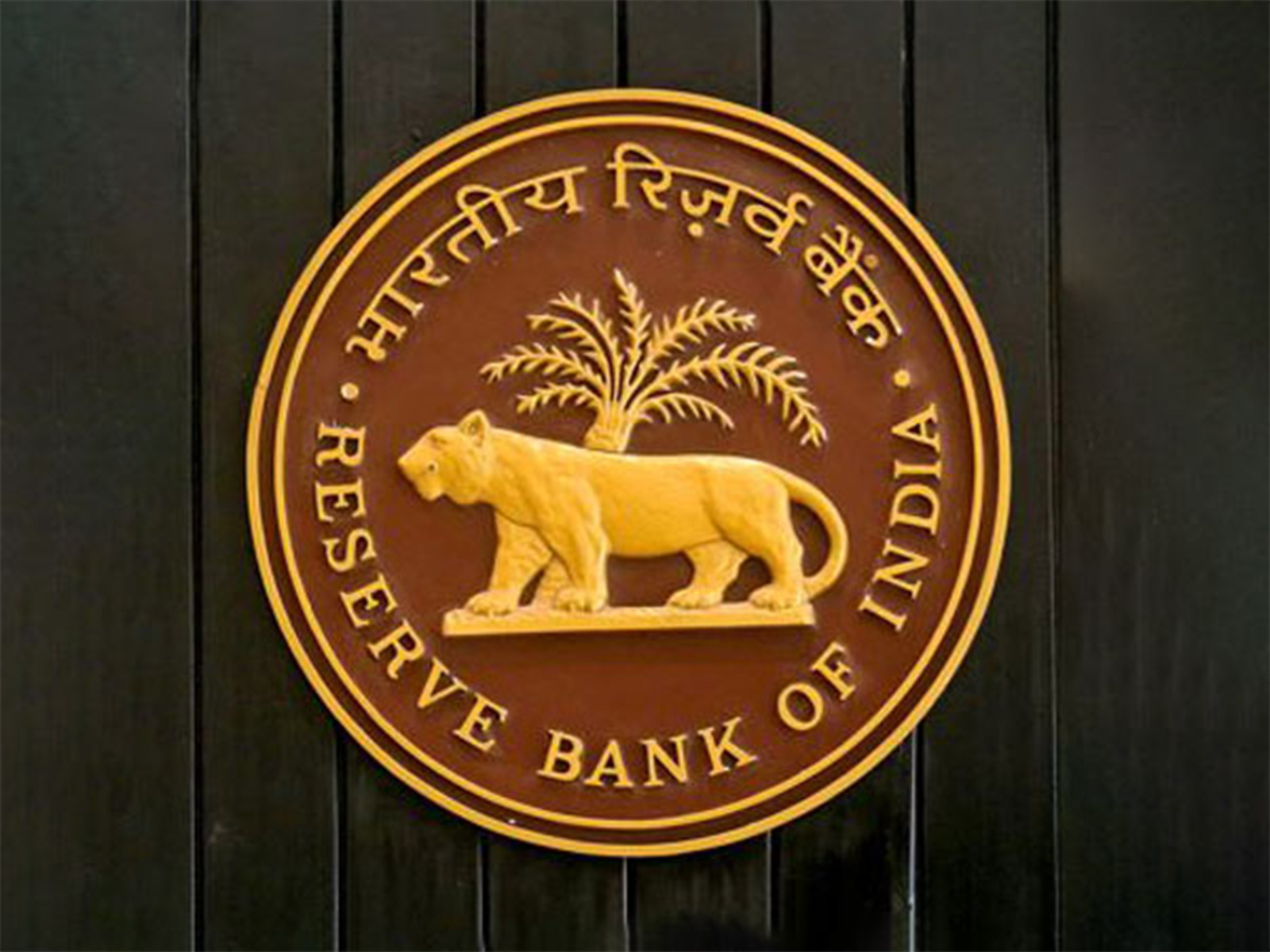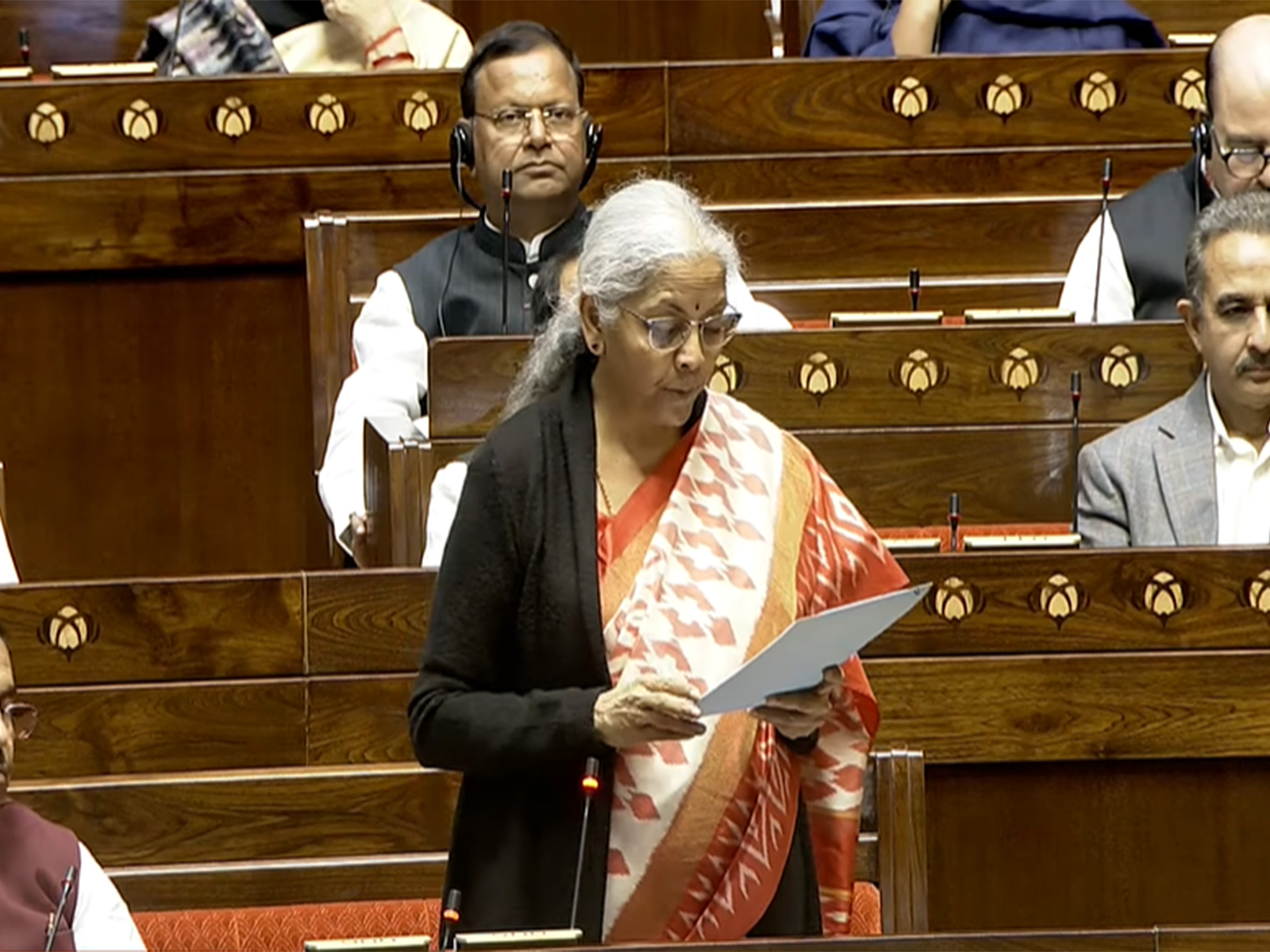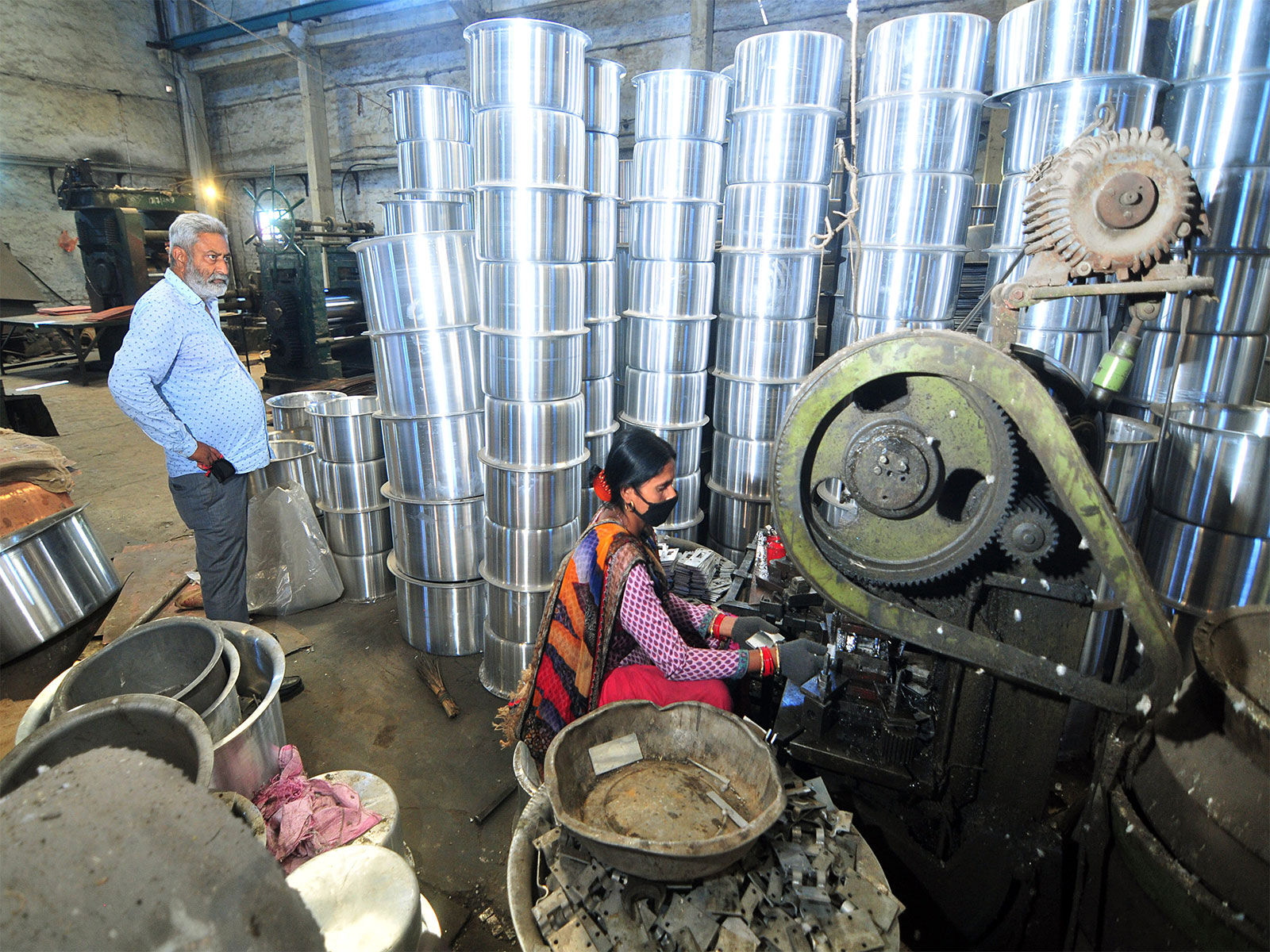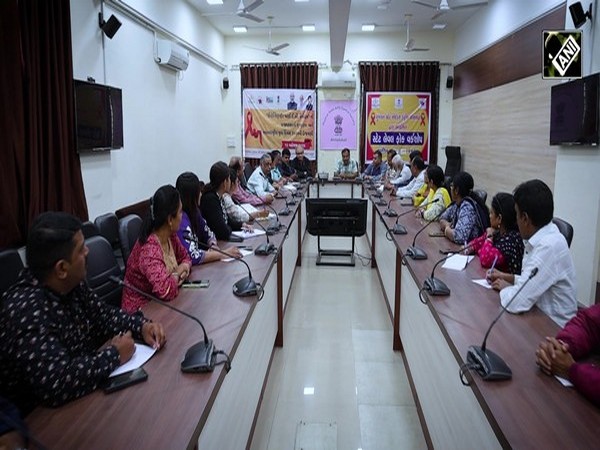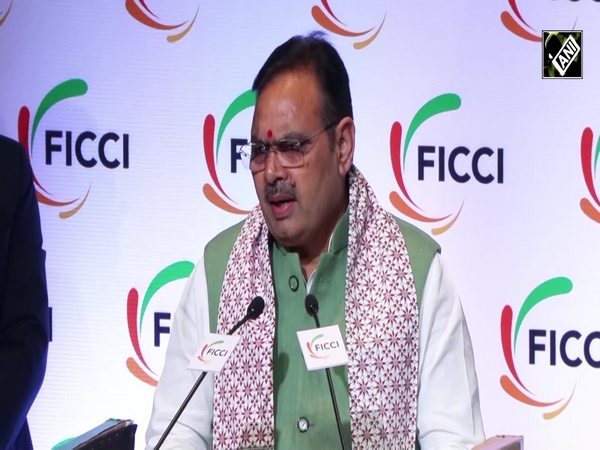India becoming one of largest economy depends on how it channelises household savings into productive assets: Report
Oct 16, 2025

New Delhi [India], October 16 : India's aspiration to become one of the largest and fastest-growing economies in the world depends on how effectively it channels household savings into productive assets, according to a report by Elara Securities.
The report highlighted that the structure of household savings in India is undergoing a major transformation, supported by favourable demographics, government reforms, economic policies, and a robust digital public infrastructure.
These factors, it said, are expected to drive a definite shift in how Indian households save and invest in the coming years.
It stated "India's aspiration to be the fastest growing economy while becoming one of the largest economies depends on directing household savings into productive assets".
The report also noted that while the return, risk, and liquidity profile of savings in India is changing significantly, financial savings remain under-penetrated compared with other large economies.
The brokerage expects India's gross financial savings to rise more than three times, forming around 11-12 per cent of the country's Gross Domestic Product (GDP).
The report observed that the household savings rate in India, measured as a percentage of gross disposable income, is higher than that of many other countries. This high savings rate serves as a vital domestic source of capital for investments and plays a key role in sustaining economic growth.
Over the years, the composition of savings has been shifting from traditional forms such as bank deposits and currency holdings towards capital markets, savings, and pension schemes.
It attributed this transition to changing consumer behaviour and the expansion of digital public infrastructure, which has made financial investments more accessible and convenient.
The report highlighted several key trends shaping India's savings pattern. The share of deposits in incremental flows has declined from over 50 per cent during FY71-80 to below 40 per cent as of FY24, posing challenges for banks.
Currency holdings, meanwhile, have stayed close to 10 per cent over the past four decades, which the report said may reflect a behavioural preference for treating cash as a store of value despite the surge in digital transactions.
It also mentioned that savings are increasingly being directed towards capital markets and pension schemes, driven by the pursuit of higher returns and long-term wealth creation.
These instruments, the report noted, offer better returns than traditional bank deposits while also providing tax benefits and sovereign security.
So the report outlined that the evolving pattern of household savings will be crucial for India's economic progress. A stronger focus on channelising these savings into productive assets, it said, will determine how effectively the country achieves its growth and development goals.
